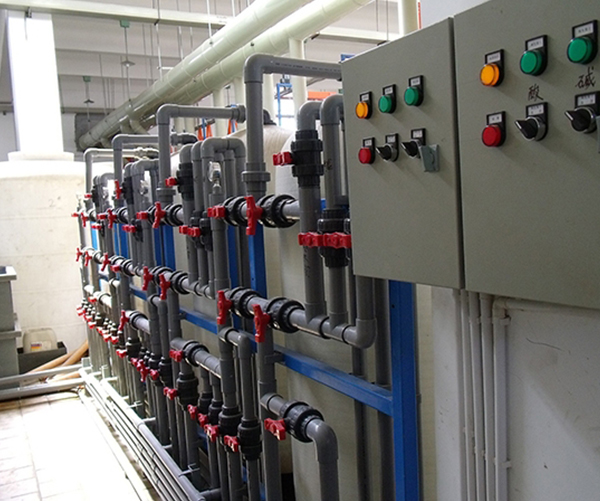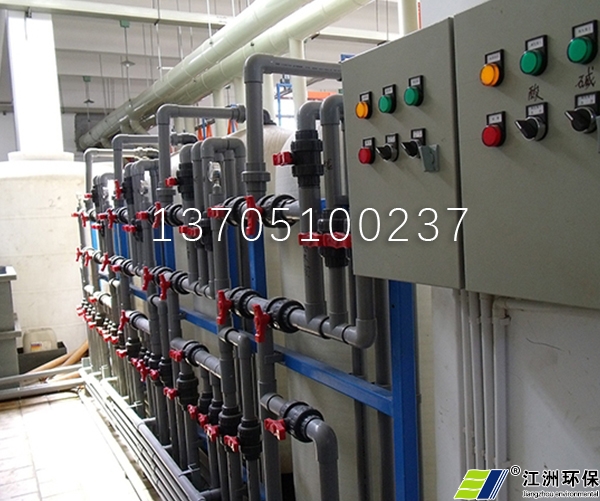
At present, chemical method, biological method, physicochemical method and electrochemical method are commonly used in the pretreatment system in China.
Chemical method
Chemical method is to decompose toxic and harmful substances into non-toxic and harmless substances by redox reaction or neutralization precipitation reaction, or directly remove heavy metals from wastewater by precipitation or flotation.
1. Precipitation method
(1) Neutralization precipitation method. Alkali is added to the wastewater containing heavy metals for neutralization reaction, so that heavy metals can be separated in the form of insoluble hydroxide precipitation. Neutralization sedimentation method is simple in operation and is a commonly used method for wastewater treatment.
(2) Sulfide precipitation method. The method of removing heavy metal ions in wastewater by adding sulfide to generate sulfide precipitation. Compared with the neutralization precipitation method, the sulfide precipitation method has the following advantages: the solubility of heavy metal sulfide is lower than that of its hydroxide, and the reaction pH is between 7 and 9, Electroplating wastewater zero discharge manufacturer The treated wastewater generally does not need to be neutralized, so the treatment effect is better. However, the disadvantage of sulfide precipitation method is that sulfide precipitation particles are small and easy to form colloids. Sulfide precipitation remains in water and generates gas when encountering acid, which may cause secondary pollution.
(3) Chelating precipitation method. High molecular heavy metal capture and precipitation agent (DTCR) reacts rapidly with heavy metal ions such as Hg2+, Cd2+, Cu2+, Pb2+, Mn2+, Ni2+, Zn2+and Cr3+in wastewater at room temperature to generate insoluble chelate salts, and then a small amount of organic or (and) inorganic flocculants are added to form flocculent sedimentation, so as to achieve the purpose of capturing and removing heavy metals. The characteristics of DTCR series medicaments for electroplating wastewater treatment are that they can remove multiple heavy metal ions at the same time, and can also play a good removal effect in the case of heavy metal ions existing in the form of complex salts. The removal of colloidal heavy metals is not affected by coexisting salts, and has a good development prospect.
2. Oxidation method
By adding oxidants, the toxic substances in electroplating wastewater are oxidized into non-toxic or low toxic substances, which are mainly used to treat CN -, Fe2+, Mn2+low valence ions in wastewater, various organic substances causing chromaticity, obscurity and smell, and pathogenic microorganisms. For example, when treating cyanide containing wastewater, hypochlorite is often used to oxidize the cyanide ion under alkaline conditions to decompose it into low toxic cyanate, and then further degrade it into non-toxic carbon dioxide and nitrogen.






